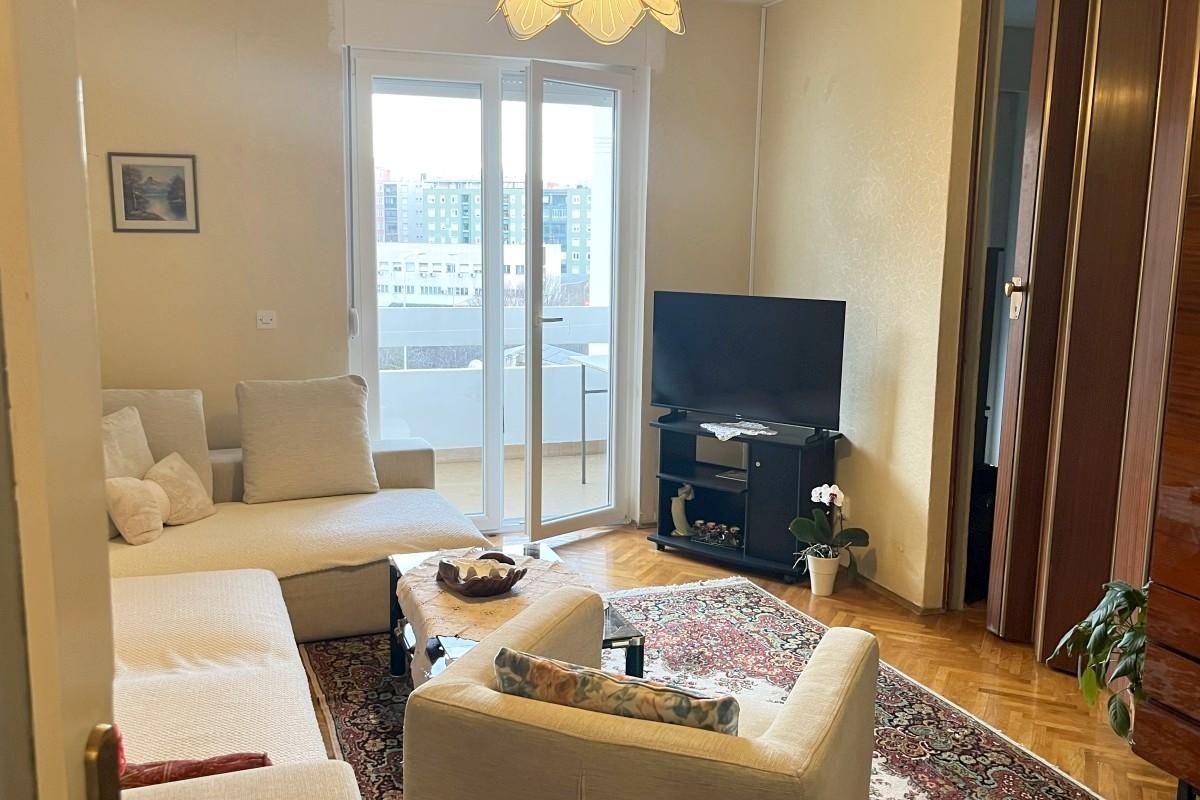Thinking about renting an apartment? If so, the rest of the text contains all the important information, as well as a simplified rental process.
Renting can be an exciting, but also somewhat stressful experience, especially if you are experiencing it for the first time. Considering everything that renting entails, we often need professional help from the financial, legal and informational aspects. For this reason, we will bring you closer to the entire process below.
In this comprehensive guide, we’ll take you through every step of renting an apartment – from budgeting and touring potential homes, to signing the lease and moving in – ensuring you can approach the process with confidence and ease.
1. Preparation of the apartment for rent
In order to make it easier to rent an apartment, be guided by the policy of whether you would live and stay in that apartment. Accordingly, the apartment should be clean and tidy, ready for a new tenant who will want to stay in such an apartment as long as possible. The furniture should neither be the latest nor the most expensive, but it should not be older than 20 years. If the old furniture is of good quality, it should be renovated or simply replaced with a new one. Check that all appliances are working properly, and take private and personal items with you. Most often, fully furnished apartments with all appliances are rented, but it is up to the Tenant to provide bed linen, kitchen and other necessities.

2. Rights and duties of the contracting parties
When renting an apartment, there is a legal obligation to sign a rental agreement, where the obligations of both parties are clearly defined. You shouldn’t have any other choice because you are exposing yourself to housing insecurity or possible financial damage. The main obligation of the Lessor is the payment of rent tax, the payment of a reserve if any, and the registration of the Lessee’s place of residence.
The tenant is obliged to pay the pre-agreed monthly rent every month, to pay other overhead costs, to send the landlord receipts of paid bills every month, and to keep the apartment with the attention of a good host. The Landlord may, with prior notice to the Tenant, inspect the apartment once a month or less often, depending on the need and the relationship with the Tenant.
3. Certification of the rental agreement?
Our recommendation is that you definitely have the contract certified by a notary public, but also a contract that has only been signed is valid before the court. An additional security for the Lessor is a solemnized contract, where the notary public takes care of the form of the contract, its content and certifies the signatures on the same.
An enforcement clause is usually included in such contracts, where in case of non-payment of utilities or late payment of rent, enforcement proceedings can be initiated against the Tenant and eviction can be sought, all without initiating court proceedings.

Find the perfect apartment for rent in Croatia
Explore the wide range of apartments for rent throughout Croatia. Regardless of whether you are looking for accommodation by the coast, on the islands or inland, find the perfect apartment that suits your needs and wishes.
4. What is the amount of the deposit and should the apartment be insured against possible damage?
The practice is that when signing the lease agreement, one or two months’ rent is given as a deposit, which can be used in case of non-fulfillment of obligations from the contract, primarily non-payment of utilities or rent, and for possible damages caused to the apartment due to the Tenant’s fault.
If the Landlord decides to insure the apartment, then it usually covers damage from fire, earthquake, burglary, and it is possible to insure movables in the apartment.
Such insurance is covered exclusively by the Lessor, and the Lessee may possibly insure his own movables that he brought into the apartment, which have a certain value.
5. Termination of the contract and notice period
The Lessor can cancel the contract within 30 days by sending a written warning to the Lessee who does not fulfill the obligations from the contract. The cancellation itself must be in writing, and the Tenant has 3 months to move out.
Also, the Lessee has the right to terminate the contract due to a breach by the Lessor, and if the contract is concluded for an indefinite period, then he must notify the Lessor at least 3 months in advance.
Ready to start renting? Take a look at exclusive rental properties in Croatia that you can move into as soon as tomorrow.
Found this useful? Share with

Real Estate Agency
Broker real estate agency will help you buy a property at your most favorable and interesting location on Croatian Islands and Coast with ease. We have a large database of apartments, houses, villas and lands for sale in Dalmatia. Search our web for the latest offer of real estate for sale in Croatia.
Broker real estate agency will help you buy a property at your most favorable and interesting location on Croatian Islands and Coast with ease. We have a large database of apartments, houses, villas and lands for sale in Dalmatia. Search our web for the latest offer of real estate for sale in Croatia.
Want to connect with us? We'd love to hear from you! Send us a message, and we'll get back to you shortly.



